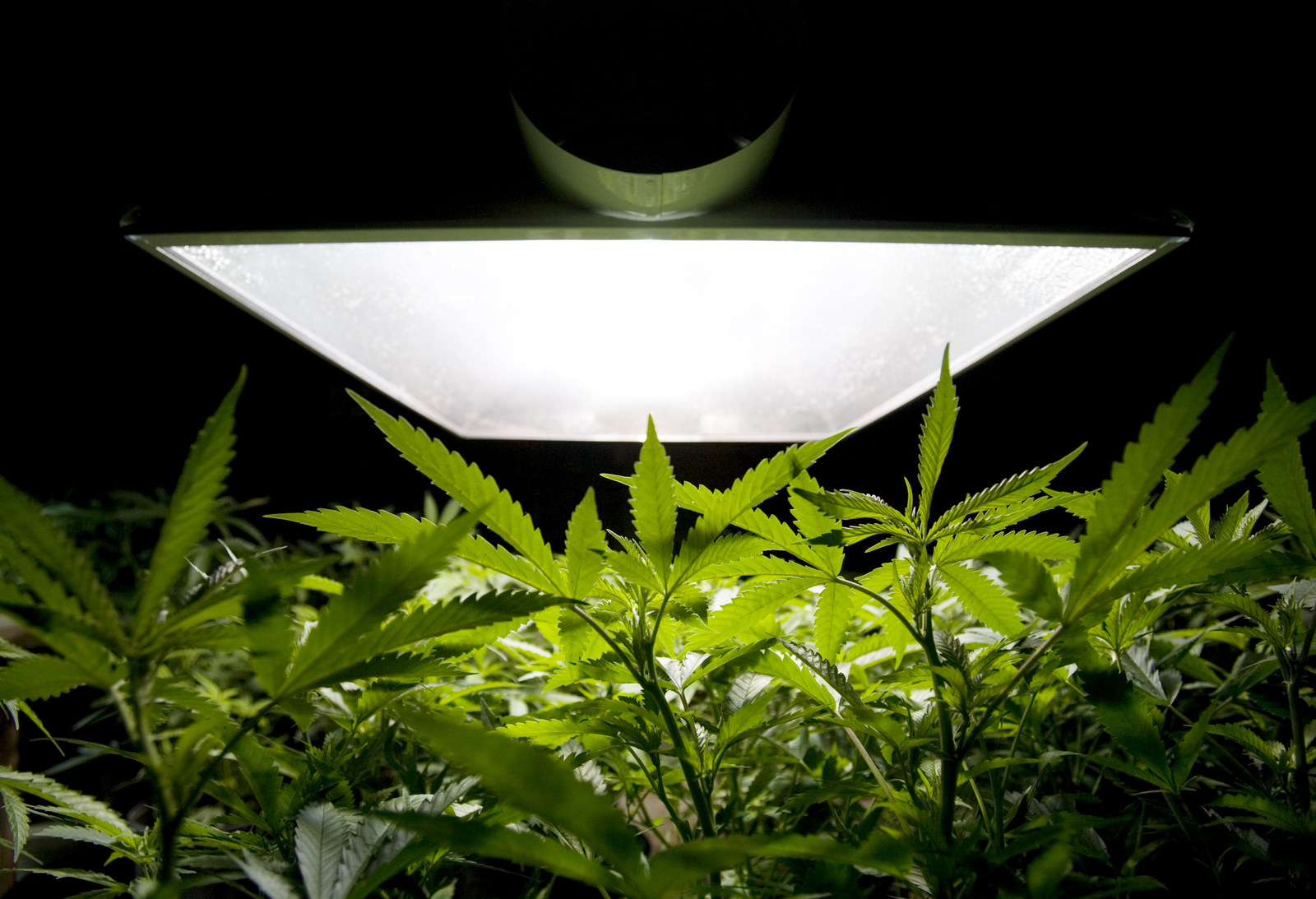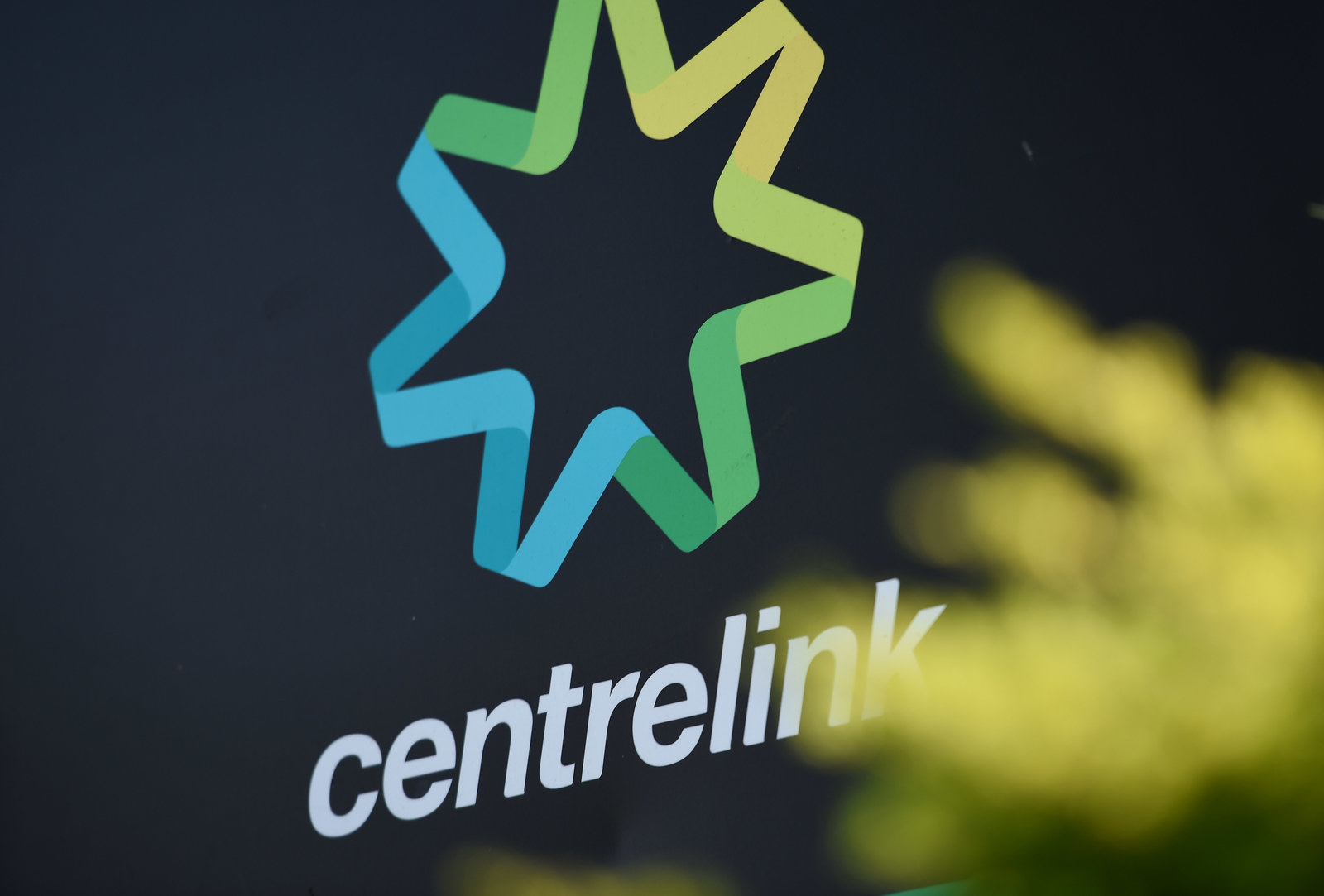From January 1, 2018, thousands of people who sign up to Centrelink will be drug tested, with those who test positive being forced onto a welfare card that limits the amount of cash they receive.

As part of the government’s welfare crackdown 5,000 people a year will be randomly drug tested in three locations across the country.
The locations, still to be determined, will be based on demographic data and focus on areas with high drug use.
New Centrelink recipients will be chosen for drug testing based on “data-driven profiling tools” that identify the characteristics of those with substance abuse issues.
People chosen for the test will receive a letter saying they are required to attend Centrelink for a face-to-face meeting. They won’t be informed they are to be drug tested.
The saliva, urine and hair follicle tests will look for ecstasy, marijuana and methamphetamine, including ice.

If a person tests positive they’ll be moved onto welfare quarantine. The amount of cash they receive will be limited, and they’ll be put on a cashless debit card – similar to the cashless “Healthy Welfare” card – for up to two years.
After a positive test, the recipient will have to complete further drug tests.
People will remain in the welfare quarantine system for the duration of the two-year trial.
If a person tests positive for a second time, they will be referred to a medical professional and assessed as to whether they require treatment as part of their job plan.
If a person refuses a random drug test, their welfare payments will be cancelled.
The government estimates 425 people from the sample group of 5,000 will test positive to illegal substances in the first random drug test, and 120 of those 425 in the second random test.

As part of the Turnbull government’s welfare reforms, the four week wait for welfare has been scrapped, and the Newstart Allowance will be streamlined with six other payments into a new “JobSeeker Payment”.
A demerit points system, similar to driving demerits, will also be introduced for around 1.2 million unemployed people, and will save the government $632 million over five years from 2016.
Jobseekers will start on zero demerits on the “Personal Responsibility Phase”, and accrue demerit points if they miss meetings or interviews without a reasonable excuse.
Failing to start a job plan, look for work, attend an appointment or participate in Work for the Dole will earn you one demerit point.
If you don’t turn up for a job interview, you’ll be hit with three demerit points.
If you get four demerit points in six months you’ll enter a three strike “Intensive Compliance Phase” and will:
- lose 50% of fortnightly payments for the first strike;
- lose 100% of fortnightly payments for the second strike;
- have payments cancelled for four weeks for a third strike.
At any point, if you get offered a job and don’t accept it, your welfare payments will be cancelled for four weeks.
